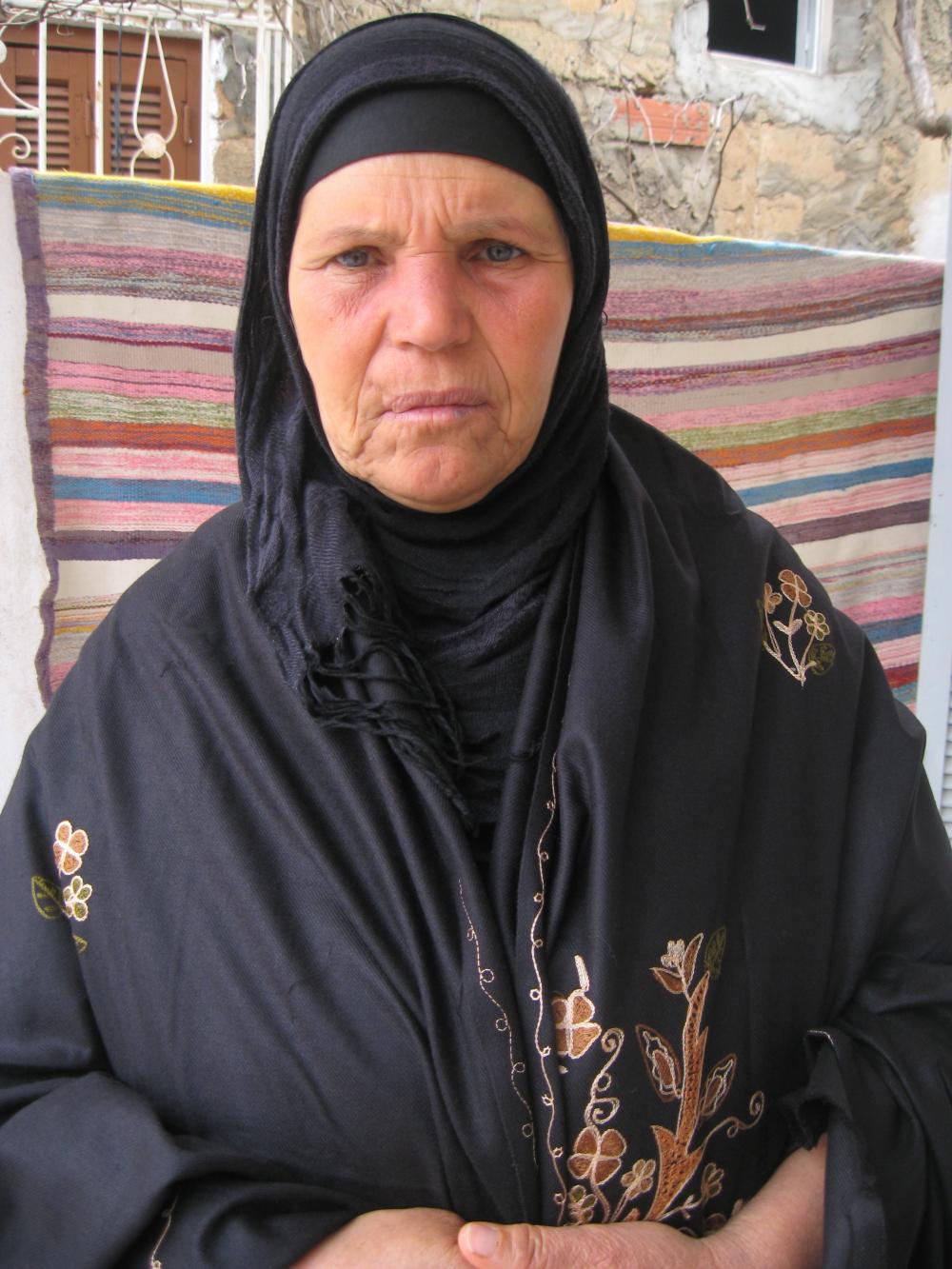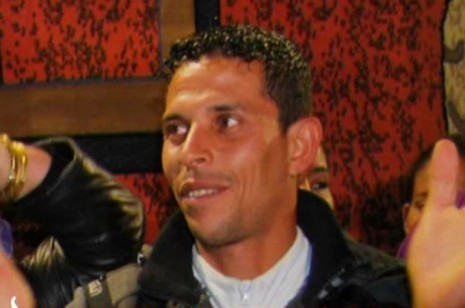Yesterday the Nobel Peace Prize was awarded to three women–two Liberians and a Yemeni–for, in the words of the selection committee, “their non-violent struggle for the safety of women and for women`s rights to full participation in peace-building work.” While I have no doubt about the merit of these courageous women, I greeted the news with a hint of sadness. I must confess that I had hoped for a different winner–not a head of state or human rights campaigner, but an ordinary, forty-eight-year-old woman, whose distinction was that she had lost her son this year at the tender age of twenty-six.
Her name is Manoubia, and she lives in a three-room house in the Hay al-Noor neighborhood of Sidi Bouzid, Tunisia. The city is roughly three hundred kilometers south of the capital, Tunis, and until recently, only rarely attracted the attention of the government. Indeed, so neglected was Sidi Bouzid in investment terms that unemployment there could run as high as thirty percent.
Manoubia’s family is originally from a village called Sidi Salah, in the outskirts of Sidi Bouzid. But when the bank foreclosed on lands the family owned together with neighbors in the village, where they grew olives and almonds, she was forced to move to the city. Her son Tariq had fought the foreclosure, but failed to convince the bank to relent. He had even approached the governor for redress. With the move to Sidi Bouzid, he would end up plying his trade as a vegetable and fruit seller, striving to make enough to keep the family afloat. Above all, Tariq wanted to ensure that his sisters Samia, Laila, and Basma would have an opportunity that he had not had–to attend university.
Although Tariq had attended classes at the one-room schoolhouse in Sidi Salah and proceeded from there on to high school, he had abandoned formal schooling at age eighteen to secure a steady income for the family. His father, who had worked as a construction worker in Libya, had died when he was only three. As a vegetable and fruit seller, Tariq never managed to get much sleep, not least because he had no vehicle with which to ferry his goods from field to market. Indeed, he hoped that he might one day save enough to buy a pickup truck for this purpose. Yet, despite having worked for seven years in the vegetable and fruit trade, in which he took a great deal of pride, there was still little prospect of his achieving that hope.
Tariq would typically pull in the equivalent of five dollars a day. But the harassment he and fellow vendors could face at the fruit market might cost him as much as fourteen dollars in a moment. This was because, unlike his fellow vendors, Tariq refused to pay the bribes of seven dollars that were routinely extracted by corrupt police inspectors. As a result, he would face a fourteen-dollar government fine.
Manoubia bid farewell to her son Tariq for the last time at roughly eight o’clock in the morning on 17 December 2010. As he made the trek to market with his uncle that day, Tariq was yet again harassed by policemen. To resolve the situation, his uncle appealed to the chief of police, who dispatched a policewoman to the scene. The policewoman confiscated one basket of apples from Tariq, and on attempting to take a second, the young man blocked her grasp. A scuffle ensued, during which the policewoman is said to have slapped Tariq across the face. This, together with the seizure of Tariq’s electronic scale, left Manoubia’s son profoundly humiliated, and he openly wept amidst the crowd that had gathered.
As he had in the past, Tariq went to the municipal building in Sidi Bouzid seeking redress. He ventured so far as to demand an audience with the governor about the injustice he had suffered, but was refused a meeting. And so, unbeknownst to Manoubia, at 11:30 am on 17 December, Tariq stood in front of the governor’s office, poured paint thinner all over his body, and set himself alight. Despite suffering burns to ninety percent of his body, he clung to life for almost three weeks. Tariq passed away on 4 January 2011.
Manoubia is an ordinary woman who suffered an extraordinary loss. But in honoring her loss, and remembering her son Tariq–who preferred his second name, Muhammad, to his given name–we honor the losses of the countless parents, in Tunisia, in Libya, in Egypt, in Syria, in Bahrain, in Yemen, and elsewhere, whose children have sacrificed themselves this year for the cause of dignity. Honor Manoubia Bouazizi. Remember Muhammad Bouazizi.

[Manoubia Bouaziz. Image from unknown archive.]

[Mohammed Bouaziz. Image from unknown archive.]